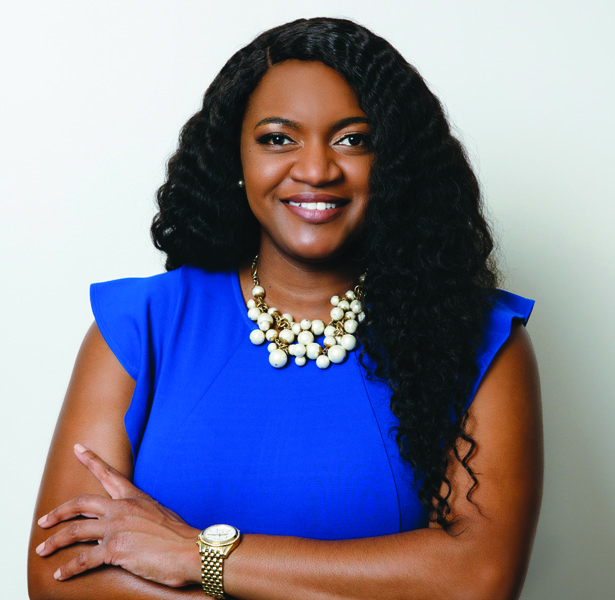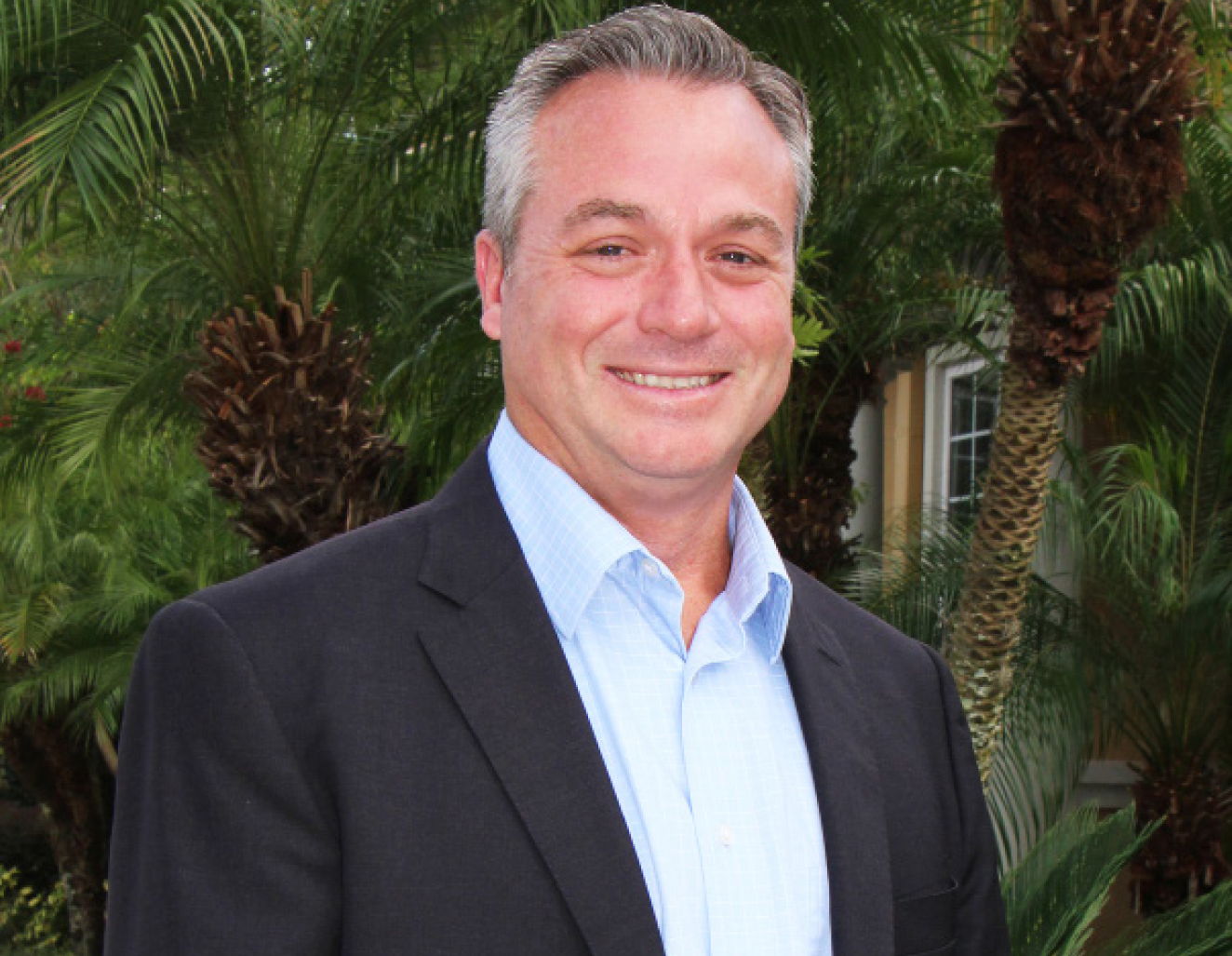
As it turns out, there was a Blue Wave after all.
Locally, though, it was more like a Blue Tidal Wave.
While Democrats lost ground in the U.S. Senate nationally, despite picking up a slew of House seats, the local wave, by a surprisingly large margin, washed a pair of longtime New Tampa Republicans out to sea — Hillsborough County commissioner and Tampa Palms resident and Dist. 2 Hillsborough County commissioner Victor Crist, and Dist. 63 State House Representative and Hunter’s Green resident Shawn Harrison.
And, a third local Republican, county commissioner and former New Tampa resident Ken Hagan, won his election by a much narrower margin than expected.
In the race for the Hillsborough County Board of County Commissioners (BOCC) District 2 seat previously held by Crist, Hagan had a huge advantage in both name recognition (as the point man in luring the Tampa Bay Rays to Tampa) and in money — he raised more than 10 times what Democrat and political newcomer Angela Birdsong was able to raise.
But, that only translated to a narrow 52-48 percent victory for the seat Crist vacated due to term limits that represents Citrus Park, Lutz, Temple Terrace, Brandon and New Tampa.
“I would say that I expected the margin to be closer than I’ve been accustomed to, so it wasn’t completely unexpected,” said Hagan, who won his previous two elections by double digits. “The reality is, Hillsborough County has gone from a Republican county to a Democratic stronghold. That was reflected up and down the ballot. And, New Tampa also has gone from Republican to Democrat.”
Hagan, who has spearheaded a number of big projects here in New Tampa and has attended two town halls in the area the past year alone, lost New Tampa’s 18 precincts to Birdsong by a surprisingly large number: nearly 3,000 votes. Hagan won just two precincts, 357 (which includes part of Tampa Palms) and 361, which is Hunter’s Green.

Harrison lost his Florida House District 63 seat to another political neophyte in Democrat Fentrice Driskell, although what is typically a fairly close race wasn’t this time around.
Driskell, seen as one of the rising stars to emerge from the 2018 election, beat Harrison by more than 4,500 votes. She focused some of her campaign energy on New Tampa, and it apparently paid off, as she defeated Harrison 57-43 percent in New Tampa.

The only precinct Harrison won was Hunter’s Green, where he is a resident, and even that was only by a 55-vote margin. In 2016, Harrison beat Lisa Montelione partly on the strength of almost 600 more votes in his home precinct.
The District 63 seat, which also represents Lutz, Carrollwood and the University of South Florida area, is back in Democratic hands for the first time since 2014.
Crist, a visible New Tampa figure who has worked diligently to bring a cultural center to the area, failed in an attempt to win Hagan’s old countywide seat in District 5. He lost handily to Democrat Mariella Smith 52-45 percent, or by nearly 39,000 votes. Crist, who had never lost an election since entering politics more than 20 years ago, had won his last two District 2 races by 38,000 and 12,000 votes.
“It’s something I saw coming,” said Crist. “I believe in scientific polling and we polled early on and saw that there was going to be trouble. I knew even before I had an opponent that I would most likely face a tough time in this election.”
Even on what is essentially his home turf, Crist could not find any footing in New Tampa, losing every precinct by sizable numbers and by a 60-40 percentage.
In the other countywide county commission face, Democrat Kim Overman defeated Republican Todd Marks by 53-45 percent in District 7.
Pebble Creek resident Karen Perez will join the Hillsborough County School Board after besting Henry “Shake” Washington 54-45 percent. Perez, who ran unsuccessfully for the Florida House in 2006, was the voter’s choice in every New Tampa precinct.
In other news, tax referendums to raise money for transportation and education passed by a greater percentage in New Tampa than in the rest of the county.
While the one-cent transportation tax passed with 57.3 percent of the vote countywide, New Tampa voters favored the measure with 60.1 percent saying yes.
The education tax, which passed all of Hillsborough with 56.3 percent of the vote, received 60.5 percent of the votes cast in New Tampa.








